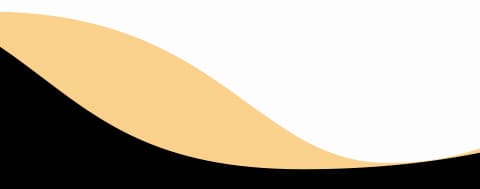6 Essential Books for Young Scientists

Children receive messages about scientists, both directly and indirectly, from academics and everyday life and their parents, the media, television, books, and education.
Today, most scientists started their careers as kids, chasing bugs and snakes, catching spiders, and being amazed by nature.
Here are the must-Read Science Books for Your Young Scientist -
1. Rube Goldberg's Simple Normal Humdrum School Day – Jennifer George, Ed Steckley (illustrator)
This book contains fourteen creations, each of which depicts an immersive sequence designed to assist Rube in completing mundane everyday tasks.
If Rube's inventions are any indication, "natural" in the Goldberg household means something very different.
Up is down, it is out, and the easiest path to completing a mundane mission, such as brushing his teeth or getting ready, is a hilariously complicated one for Rube.
Age:5-7years.
2. Animal Architects: Amazing Animals Who Build Their Homes – Julio Antonio Blasco (Author), Daniel Nassar (Author)
Every spread includes a beautiful, colorful illustration of each animal and its habitat, as well as a unique fold-out information panel with statistics and a simple architectural diagram demonstrating the 'architect's existence.
Learn how animals from all over the world build their dwellings, from gladiator frogs to chimps.
Age:7-11years
3. Kate the Chemist Series – Kate Biberdorf
One of the many excellent children's science books available!
The Kate, the Chemist fiction series, follows a ten-year-old Kate the Chemist who uses science to solve problems in her community with the aid of her friends and younger brother Liam.
This series demonstrates to children that science is present in all aspects of life.
Age:8-11years
4. Super Cool Tech by DK
Furthermore, this jam-packed book delves into fantastic future developments like teleportation and invisibility cloaks.
This cutting-edge visual guide for children is jam-packed with cutting-edge technology for cutting-edge houses, record-breaking transportation, mind-blowing entertainment devices, and advanced Artificial Intelligence.
Age:8-12years
5. Wrinkle in time – Madeleine L'Engle
A Wrinkle in Time tells the story of Meg Murry, a high school student.
She is transported across time and space with her younger brother Charles Wallace and her friend Calvin O'Keefe to save her father, a gifted scientist, from evil forces imprisoning him in another world.
Age:9-11years
6. The Boy Who Harnessed the Wind (Young Reader's Edition)-
William Kamkwamba (Author), Bryan Mealer (Author), Anna Hymas (Illustrator)
This thrilling memoir, retold for a younger audience, shows how, even in a hopeless situation, one boy's bright idea can light up the world.
William's windmill, which he built out of scrap metal and old bicycle parts, provided electricity to his home, and assisted his family in pumping the water they needed to farm the property.
William Kamkwamba's tiny village in Malawi was devastated by a severe drought.
Age:10+years
As a result, children are born scientists.
According to research, the younger they are and the less educational experience they have, the less conventional scientists they draw.








